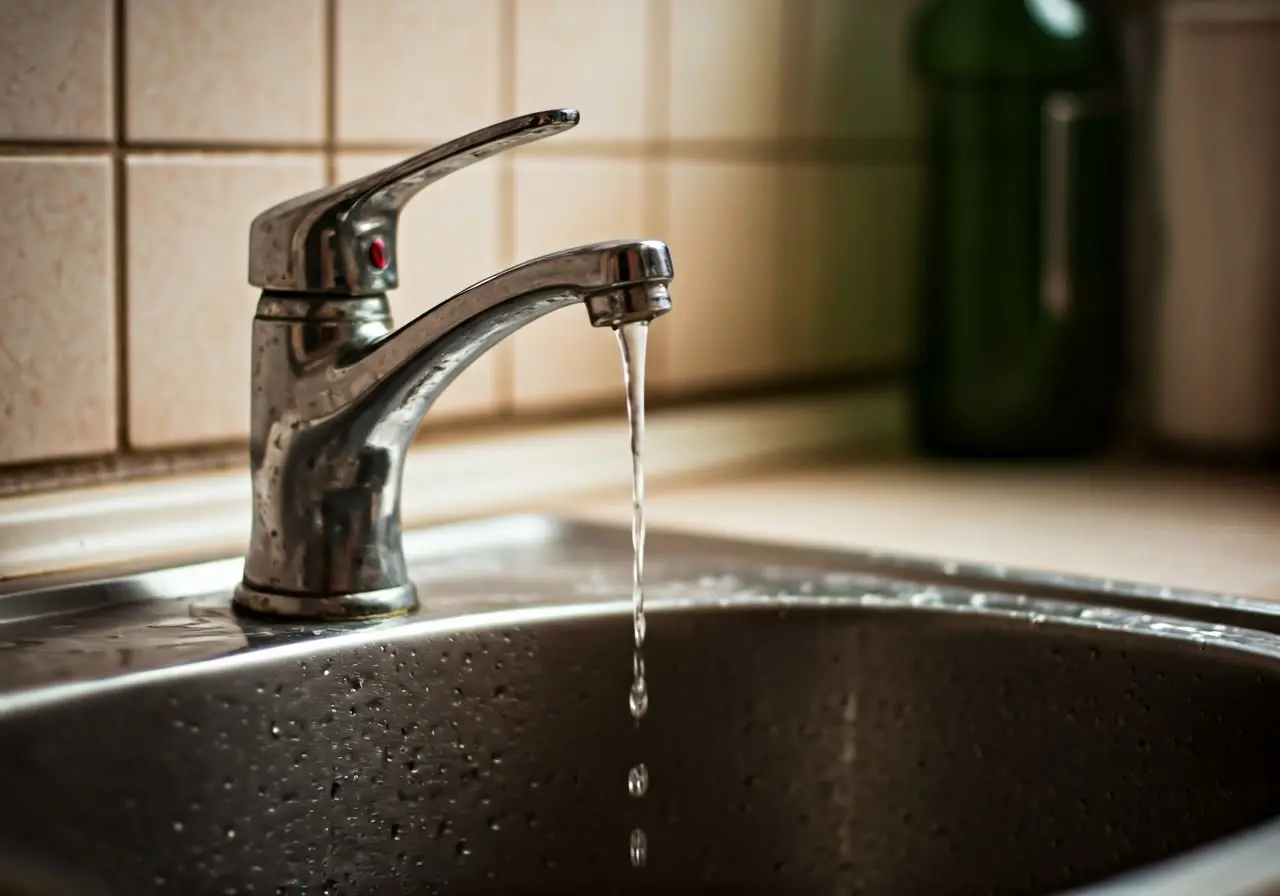Water conservation is not only essential for cutting down on household expenses but also plays a significant role in preserving the environment. By making small adjustments in our daily water usage, we can make a significant impact. This article explores the environmental benefits of reducing your water bill and offers practical tips to get started.
The Importance of Water Conservation
Water is a finite resource that is vital for life and the ecosystem. Conserving water helps maintain natural habitats and ensures an equitable supply for all living organisms. It’s crucial that we take steps to preserve this precious commodity. Annually, about 900 billion gallons of water are wasted through household leaks alone, enough to cater to the annual water needs of millions of homes. Saving water not only preserves the environment but also ensures that essential services, like emergency drought responses, are always equipped Why Is Saving Water Good For The Environment?
Reducing water demand benefits not just our supply system but also increases flexibility in our operations, reducing energy footprint and greenhouse gas emissions. With water conservation strategies, like the ‘One Water’ approach in NYC, communities are managing water sustainably, highlighting the system’s need Water Conservation
How Reducing Water Bills Benefits the Environment
Lowering your water bill reduces the strain on water treatment facilities and decreases energy consumption. This reduction in energy use leads to fewer greenhouse gas emissions, contributing to a healthier planet. Imagine that it takes an enormous amount of energy to deliver and treat water, about as much to run a 60-watt bulb per household daily. Installing water-efficient products not only conserves water but reduces your energy bills significantly. Homes using these practices saw a marked decrease in energy expenditure, a testament to their economic and environmental value Start Saving
Water efficiency extends to large-scale agriculture, requiring innovative solutions such as drip irrigation systems that minimize evaporation. Installing smart irrigation adjusts watering schedules based on weather data, reducing consumption and demonstrating how water-saving technologies can foster sustainability in agriculture. Such methods are pivotal for responsible resource management Strategies to Reduce Water Bills
Simple Tips to Reduce Water Usage at Home
From fixing leaks to installing low-flow fixtures, there are numerous ways to reduce your water usage. Small changes like taking shorter showers and turning off the tap while brushing your teeth can lead to noticeable savings on your water bill. Simple solutions such as placing aerators on faucets or adopting WaterSense labeled products can reduce daily energy use—all while retaining usability Water Saving Tips
You can start saving as much as 30% on your monthly water bills by being conscious of your everyday water usage. Switching to high-efficiency appliances like dishwashers and clothes washers also contributes to substantial water and energy savings. By integrating water-smart devices, homeowners become active participants in resource conservation Cutting Costs and Preserving the Planet
The Impact of Reduced Water Usage on Local Ecosystems
Using less water helps maintain local ecosystems by ensuring that water bodies, like rivers and lakes, have adequate water levels. This fosters biodiversity and helps sustain wildlife habitats. Conserving water not only supports aquatic life but also reduces wastewater production, minimizing pollution. Thus, every effort made at home has a ripple effect on greater ecological health—especially when it comes to overextended water sources Why Is Saving Water Good For The Environment?
Adopting a Sustainable Lifestyle
Reducing your water bill is just one part of adopting a sustainable lifestyle. By being mindful of resources and making environmentally conscious decisions, we can all contribute to a more sustainable future. Whether it’s individual actions like regular maintenance of home plumbing systems or community initiatives like public awareness campaigns, every effort counts. Partnering with experts can amplify the impact of water-saving habits and set a new standard of living 5 Ways to Slash Your Commercial Water Bill
A Greener Future with Water Conservation
In conclusion, reducing your water bill is a win-win situation. Not only do you save money, but you also contribute to the well-being of the environment. By implementing water-saving habits, you help conserve precious resources, reduce energy consumption, and lessen your carbon footprint. It’s clear that sustainable water use enriches our planet and ensures that resources remain available for future generations.


